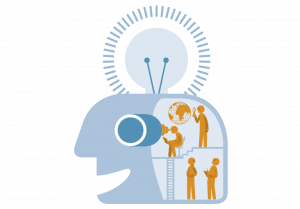
Road Safety

How did we create impact?
Despite being a committed road safety front runner on the continent with stricter law enforcement and public awareness campaigns, Rwanda still faces challenges which hinders its ambitions. Systemic challenges include a lack of thorough standards on road design (i.e. zebra crossing, signalling, etc.) and vehicle inspections, siloed approaches of stakeholders leading to a lack of direction and shared understanding and an overall limited quantity of accessible and usable data to inform actions. The ii2030 road safety track developed a Coordinated and Smart Road Safety (CSRS) database providing quick and centralized access to actionable road safety information. It pulls together and makes available existing road safety anonymized data (i.e. road crashes statistics, causes, geo-referenced data, etc) which was previously siloed. The CSRS platform promotes evidence-based and proactive interventions to make roads safer in Rwandan smart cities.

What can tech do for road safety?
In the case of road safety in Rwanda, data-driven technology could help bring the wealth of involved actors together, pulling and channelling thus far scattered resources, creating a common vision and understanding of road safety that goes beyond blaming individual road users. Technological innovation can broaden the spectrum data available, change our understanding of the challenges and increase multi-stakeholder engagement through greater dissemination of information. Such system change approach prompted by innovation could design resilient road safety systems in a way that human error does not lead to serious or fatal outcomes.

Why we need more multi-stakeholder data-driven approaches for road safety?
Innovation cannot be a silver bullet, but it can nudge the system to a healthier state by opening new avenues for impactful change. In the case of road safety, data can be the intermediary for stakeholders to mutually benefit from collaboration, by sharing and pulling data to inform their respective interventions.

Who attended











